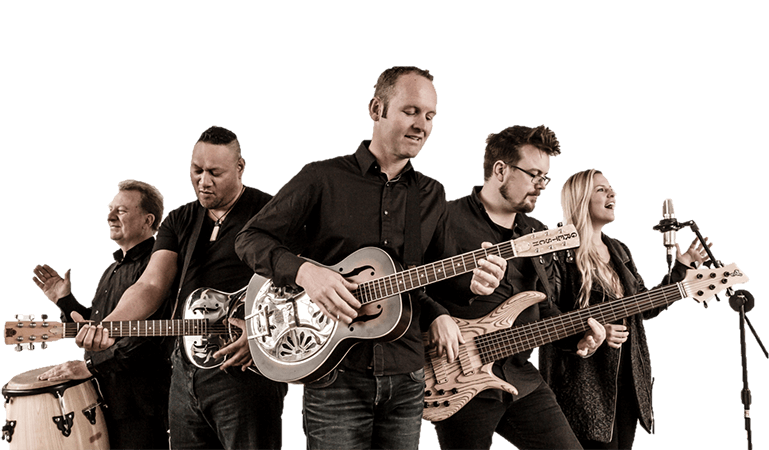Psalm 127 was written by Solomon and in many ways it is a mixture between the style of language of Ecclesiastes and the style of Proverbs. This is a wisdom psalm in its practical message and also in its beatitude upon those who have children. At first read this psalm might seem like it is really two different psalms in one. Verses 1-2 speak about the irony and the futility of labouring without God and likewise upon those who seek protection in their own strength. Verses 3-5 are a celebration of children. Certainly verses 1-2 carry quite a different message to verses 3-5 but the theme is basically consistent if we take ‘house’ in verse 1 to be a metaphor for household or family. God is the one who must build a person’s family and he must be the one who keeps the family secure. It may be that the psalm was used to celebrate the birth of a son. The psalm focuses on male offspring in particular since in ancient times a son meant that a family had another person to work the land, protect the family from hostility and in particular to carry on the family line (hence sons are referred to as a ‘heritage’). But there is a strong generic meaning to this and this is seen in the underlying covenant implications of children in general. Blessing and children go closely together in the Old Testament simply because every child born into Israel was a further fulfilment of the covenant with Abraham. God promised Abraham that his descendants would be numerous as the stars in the sky and that through his offspring blessing would come to the ends of the earth (Gen.12:3). So another covenant child meant another vessel of blessing in an immediate sense to the family and ultimately a blessing to the world. This is the most important sense of blessing in children and in this sense the psalm is applicable in a generic and timeless sense to all children born into households of which God is the architect and builder.
Join our mailing list!Sign up for free and we'll keep you up to date with the latest Sons of Korah news about tours, new music and more.
